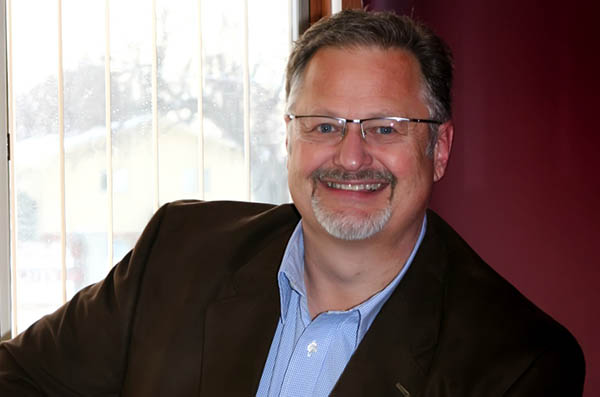What Would You Propose to Make the Mental Health System Better?

May has been designated as “Mental Health Awareness Month” and today is “National Mental Health & Dignity Day”. The designation of this day as the National Mental Health & Dignity is a grass roots movement with the goals of celebrating wellness and secondly to speak out for the rights and dignity of persons in recovery from mental health conditions and psychiatric survivors.
“Fifty years ago, the process of ‘deinstitutionalization,’ closing America’s state mental institutions where people often languished for life in deplorable conditions, was supposed to be accompanied by the development of robust, community-based mental health services. That vision has yet to be fully realized. Today, we have a system that is broken, fragmented, and difficult to access. People and families are often unable to get help until they are in crisis– and even then, the quality of care is uneven. We need community-based services that prevent crisis and costly, devastating cycles of institutionalization, incarceration, and homelessness. We know more today than we ever have about what helps people with mental health conditions to recover their lives and to achieve whole health and wellness. We need to close the gap between what we know and what we do, in policy and practice, and in our communities.” (Taken from the 2015 discussion guide of mentalhealthdignityday.com)
Those behind the National Day of Mental Health & Dignity envision community-based, recovery-oriented systems of care where all Americans can easily access a range of quality mental health and social services, leading to increased recovery and whole health.
They hope to achieve this by:
- Raising awareness that people can recover from even the most serious mental health conditions, given the right mix of accessible, community-based services and supports.
- Proposing proven approaches to end unnecessary hospitalization, needless incarceration, and homelessness.
- Advocating to repair our broken mental health service systems by increasing the availability of community-based services that promote recovery and whole health.
I couldn’t agree more with this statement. Unfortunately most of us that have a mental health challenge know all too well how broken the “system” can be at times.
Recently my grandson and I have begun to play Mario Cart on the Wii. The part of the game that I’m good at is where you have to jump from mushroom to mushroom while driving. If you don’t jump just right, you end up falling into a cavernous pit of darkness. The experience jumping from mushroom to mushroom reminds me exactly what it is like to try to navigate the mental health system! You need to know how to jump from one service to another and navigate it in such a way that you find the next service (mushroom) that you need or you end up in a deep dark cavernous hole!
When my wife was diagnosed with breast cancer seven years ago she was provided a nurse navigator. What a blessing that woman was for both my wife and me. She was available to help my wife navigate through the surgeries, various appointments with numerous doctors and any potential chemo treatments or radiation treatments that my wife might have needed. She was there from the beginning each and every step of the way. She helped us navigate through a complex system of care. She made navigating through the whole process much easier than if we had had to figure out ourselves.
Now, why in the world don’t we have mental health navigators provided to those who have and mental health diagnosis? Imagine someone like this nurse navigator that my wife was provided who would be there for you; helping each step of the way. I would suggest that the person who is a mental health navigator be a peer who is trained and certified as a peer-support specialist.
While there are no easy answers to the complexity of issues with the mental health care system in our nation today, providing a mental health navigator who is a peer could be the beginning of connecting the services for each individual and make a huge difference for each person bringing dignity to one’s journey to wholeness.
So, on this National Day of Mental Health & Dignity, I would like to know what you think that can be done to finish what was started 50 years ago that would make the mental health system better? I encourage you to tell me what you think can be done from your perspective. It’s easy to share what isn’t working and how disappointed and frustrated you might be with the system, but I want to know from you what you believe are some things that could be done that could “fix” it.

